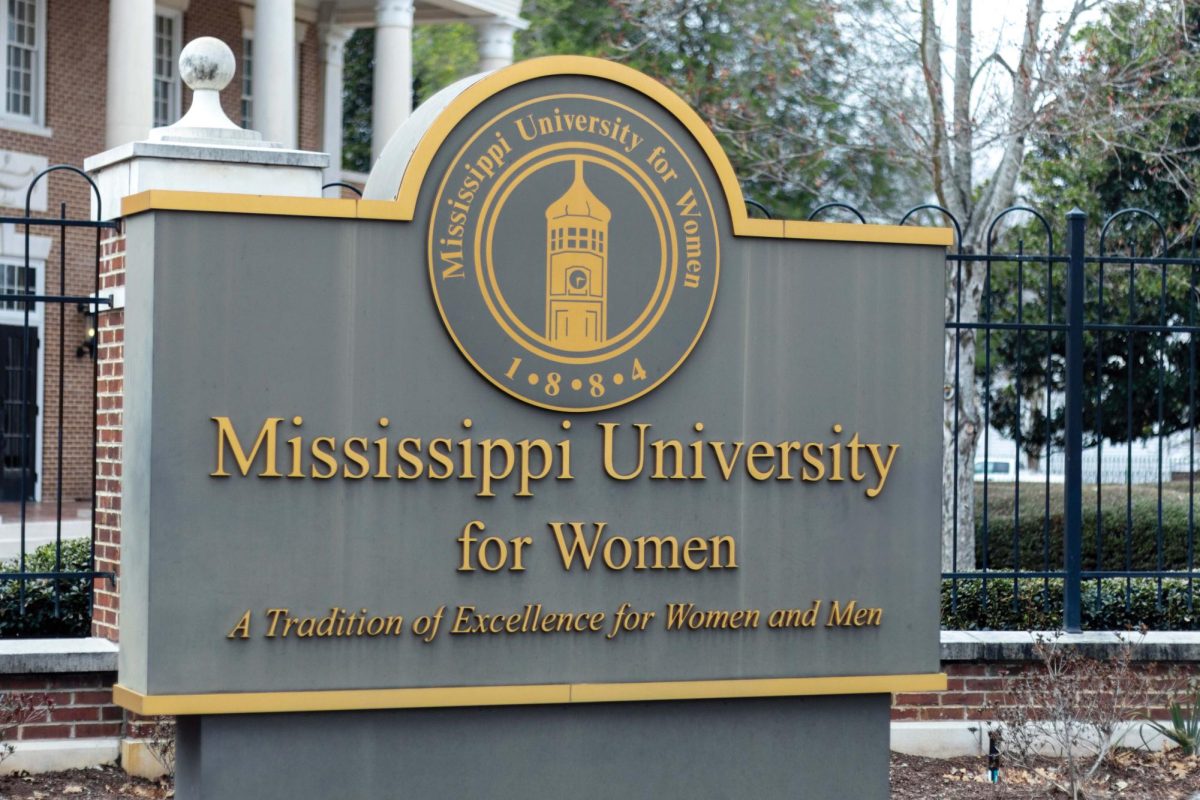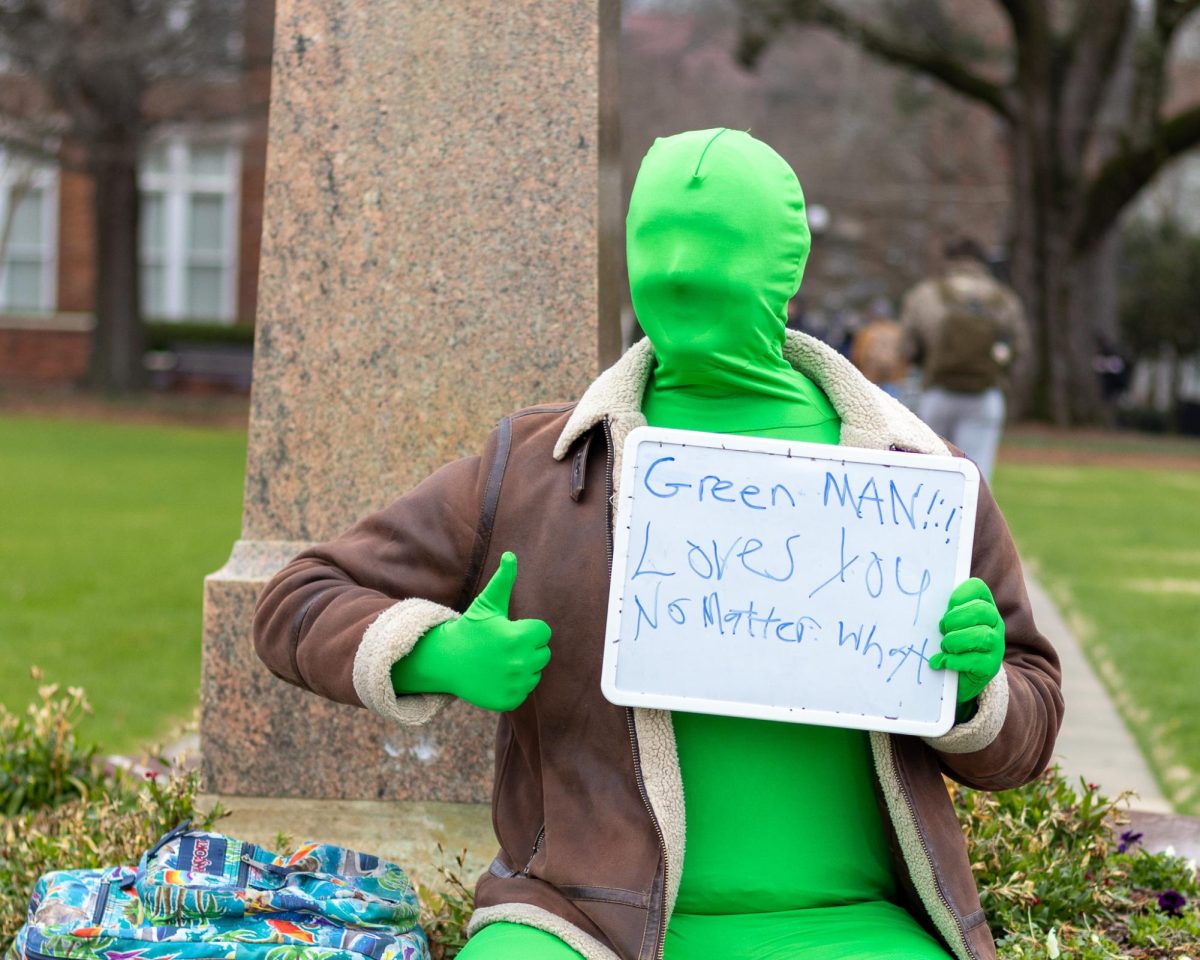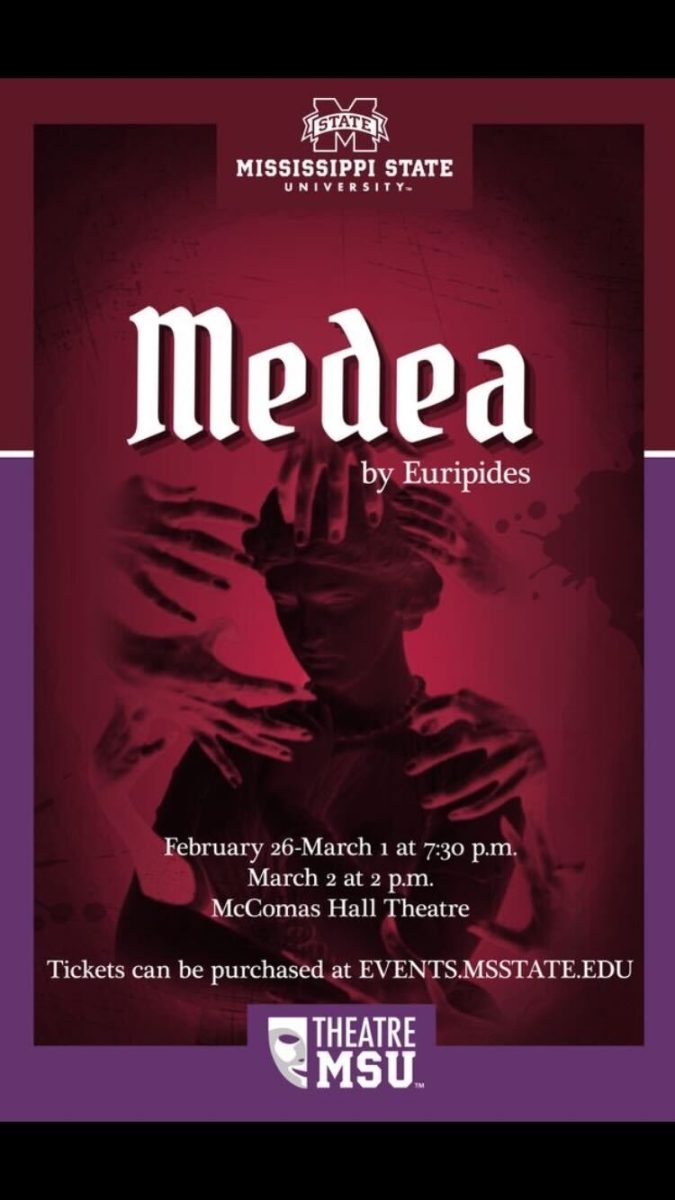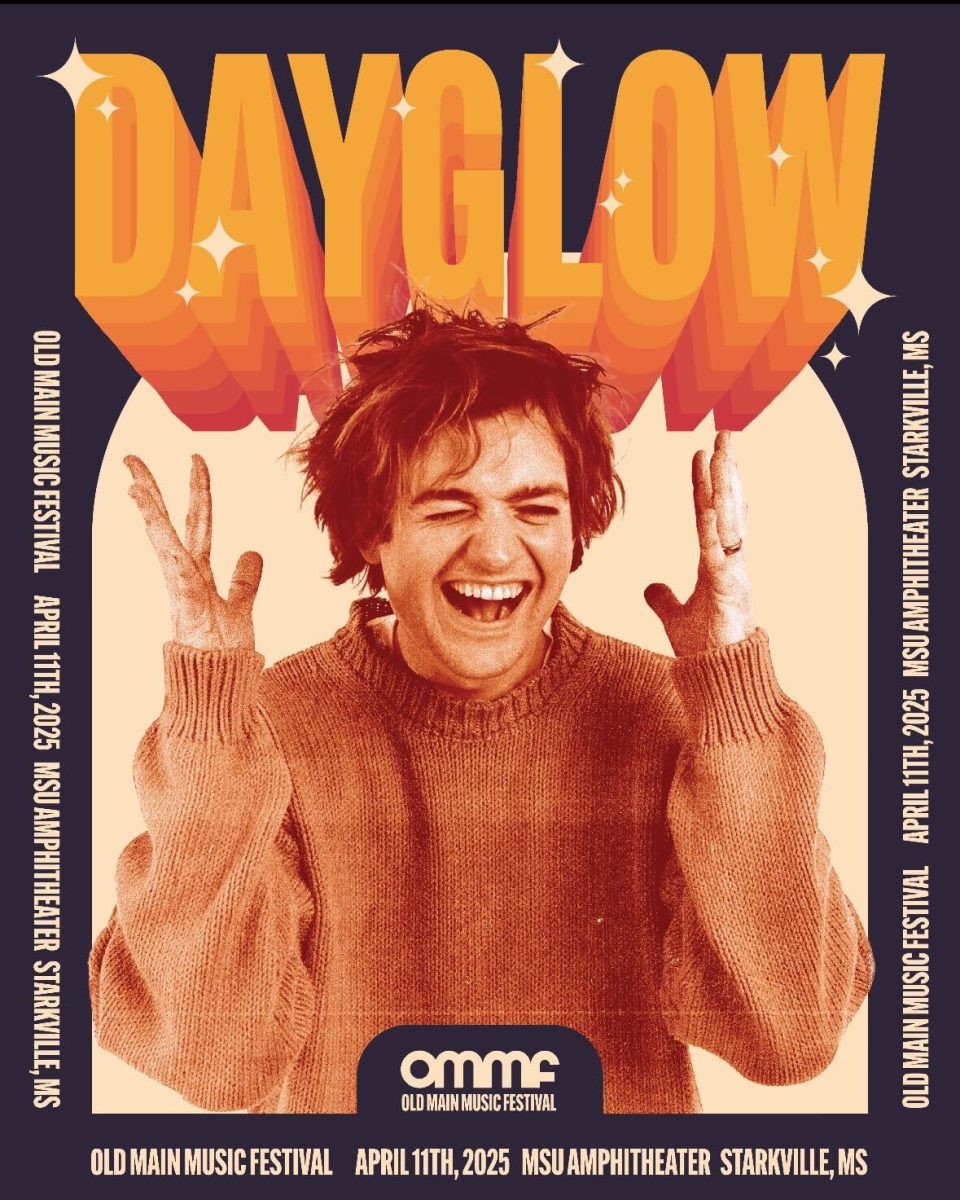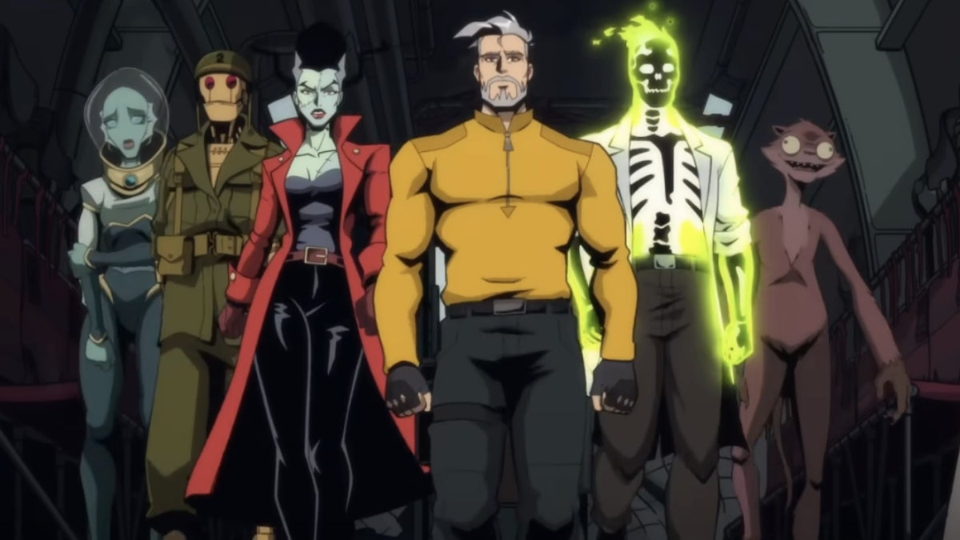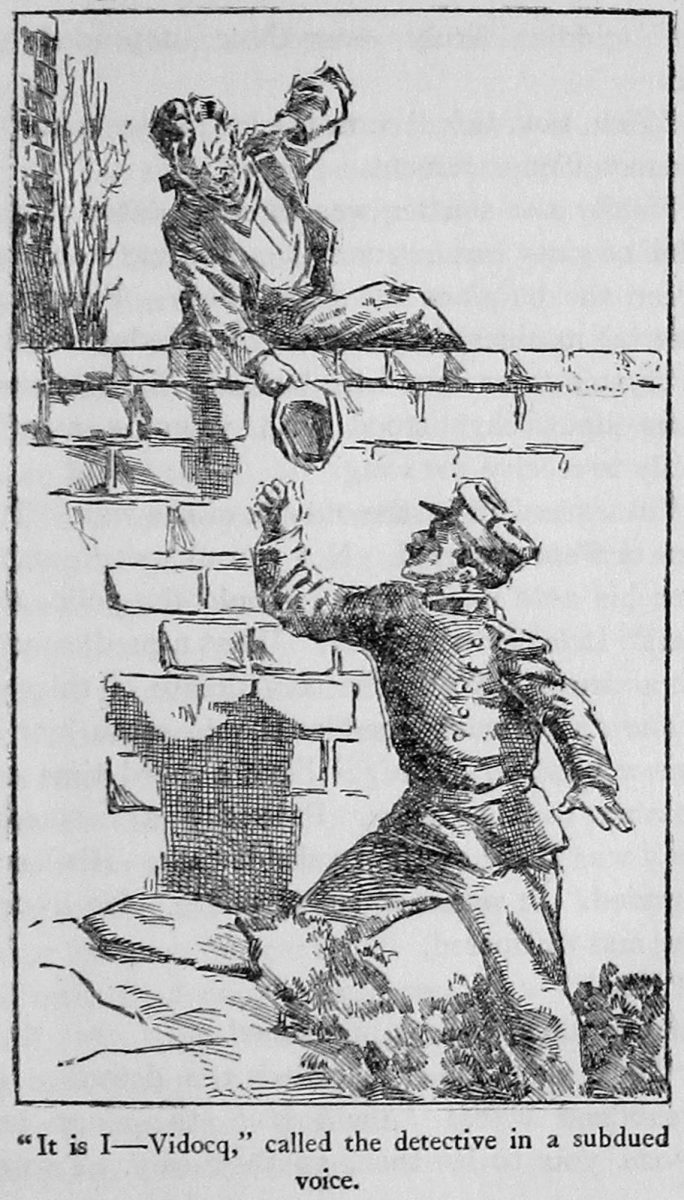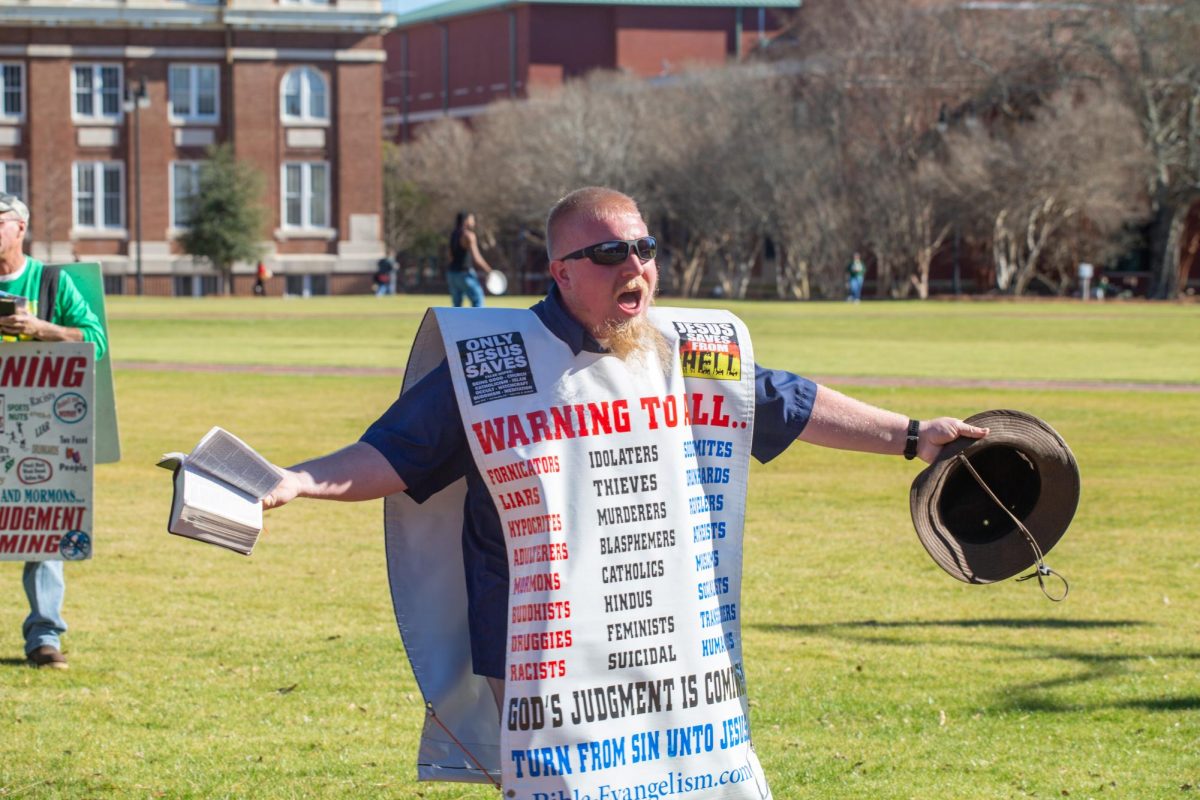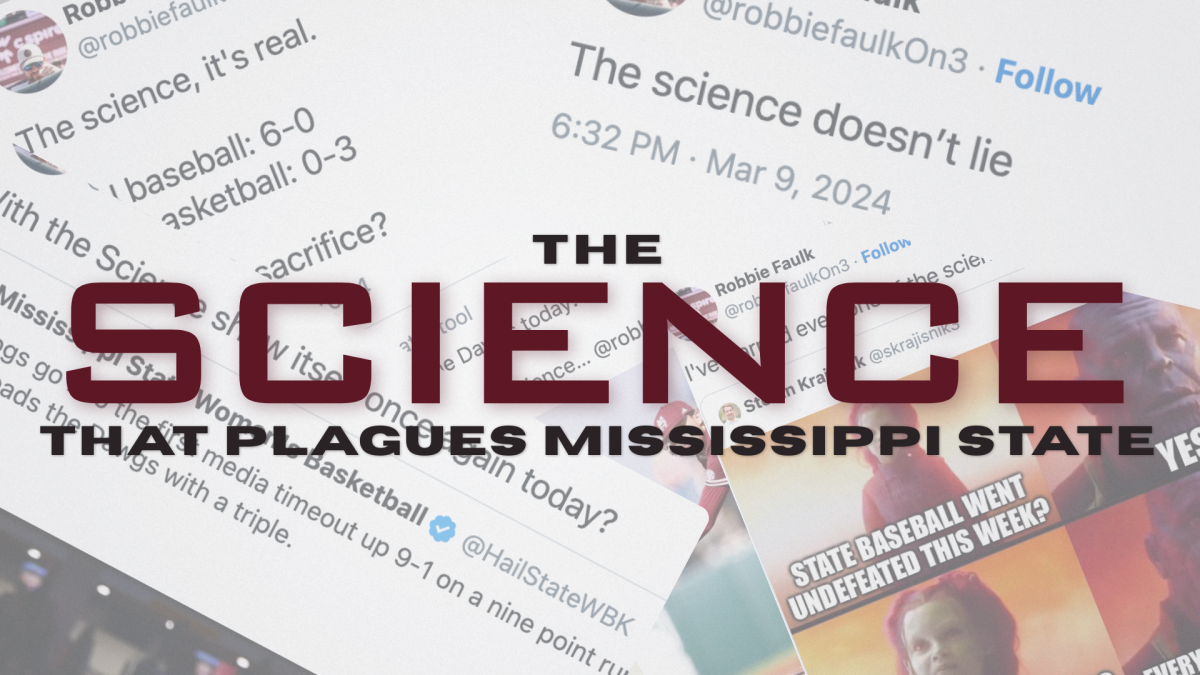“Die Hard” is not a Christmas movie, and that is an essential precedent. Bruce Willis said so himself during a Comedy Central roast in 2018. A movie does not belong to whatever holiday it takes place during; my argument is bigger than just “well the movie is a countdown to Christmas, ergo it is a Christmas movie.” Tim Burton’s “The Nightmare Before Christmas” is a Christmas movie by the metric of message alone.
Before we talk about basic plots and the true meaning of Christmas, we should cover what should be obvious: even if it is not a Christmas movie, it is certainly not a Halloween movie. Sure, it is thematically Halloween-ish, but the night of Halloween is only given one song in the movie, and the song’s plot purpose is to establish that Jack is no longer wooed by the holiday. According to Danny Elfman in an interview for Netflix’s “The Movies That Made Us,” the script was written around the songs, meaning the Halloween to Christmas song ratio (4:1 by my count) was intentional.
Beyond that, Jack spends the bulk of the movie trying make people ignore the holiday entirely. During the town hall meeting where Jack is attempting to explain the idea of Christmas and the Halloween Land townsfolk are trying to find the horror in Christmas, Jack shouts about how they are missing the point if they are thinking about Halloween. At the end of the film, when Jack has been shot out of the sky, his Santa costume falls off in flames, revealing his true self, the opposite of what Halloween encourages. Of course, it is not a Halloween movie, that is the point of the film.
According to Christopher Booker in his 2004 novel, “The Seven Basic Plots,” all stories can be slimmed down to their barest essence and fit into seven archetypal categories. Fantasy movies tend to be quests, while romance movies tend to be comedies. Halloween classics like “Halloween,” “Scream” and “Halloweentown” fall under the “overcoming the monster” category, in which the protagonist battles a specific outside force. Christmas movies, for the most part are rebirth stories, in which an event causes a protagonist to change for the better.
The Grinch has no real rival, only himself. Nor does George Bailey in “It’s a Wonderful Life,” or Charlie Brown in “Peanut’s Christmas.” Generally, their ultimate goal is figuring out the true meaning of Christmas. “The Nightmare Before Christmas” is just a different take on the same problem. Jack Skellington, pragmatist, reasonable, tries to find what Christmas means.
I know that feeling. When I was young, I was excited to the point of convulsion on Christmas Eve, and now I am older, putting on silly sweaters with reindeer weaving, trying to figure out what Christmas means if it is not about gifts. “The Nightmare Before Christmas” is a Christmas movie because Jack is trying to answer that immortal question.
Personally, I just watch it in November, but go figure.





